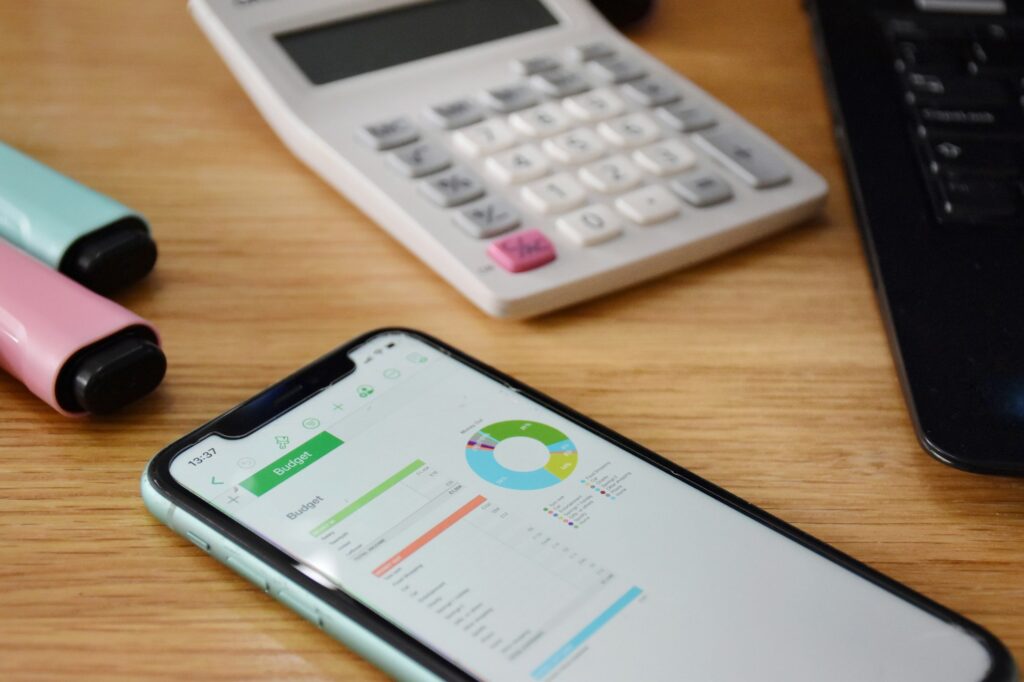5 Things You Can Do to Help Your Household Budget
Create a Detailed Budget Plan
First thing’s first: establishing a detailed budget plan is a cornerstone of financial stability. A comprehensive budget allows you to proactively manage your finances by mapping out your income and expenses. This process involves categorizing your income sources and allocating funds to essential expenses such as housing, utilities, and groceries.
Utilize budget planning tools or apps to make this task manageable. These tools can help you set realistic financial goals and track your progress. By having a well-defined budget, you gain better control over your money, reducing the risk of unexpected financial shortfalls.

Track and Analyze Your Spending
To gain insight into your spending habits, consistently track your expenses. Record every purchase, no matter how small, to get an accurate picture of where your money is going. Reviewing your spending patterns allows you to identify wasteful habits and areas for improvement.
For a deeper analysis, categorize your spending into fixed and variable expenses. This distinction will highlight which areas have the most potential for cost savings. Tools like expense trackers and financial apps can simplify this task, providing useful visualizations and reports. For more tips on budgeting, visit MoneySmart.
Prioritize Essential Over Non-Essential Expenses
One of the most effective ways to manage your household budget is to prioritize essential expenses. Focus on necessities such as rent or mortgage, utilities, transportation, and food before allocating funds to non-essential items. This approach ensures that your basic needs are met first.
Non-essential expenses, like dining out or entertainment, should be considered discretionary. Reducing or eliminating these costs can free up funds for more critical needs or savings. By distinguishing between essential and non-essential expenses, you make smarter financial decisions.
Implement Smart Shopping Strategies
Smart shopping can significantly impact your household budget. Start by planning meals and creating a shopping list to avoid impulse purchases. Look for sales, use coupons, and consider buying in bulk to take advantage of discounts. Shopping at thrift stores or second-hand shops can also help save money. Check out Good Sammy’s vintage collection for unique and affordable items.
Another strategy is to compare prices before making any purchase. Use price comparison websites or apps to find the best deals. By being a conscientious shopper, you can make your money go further while still enjoying the things you love.
Build an Emergency Savings Fund
Having an emergency savings fund is crucial for financial security. This fund acts as a safety net, providing you with resources to handle unforeseen expenses like medical emergencies, car repairs, or job loss. Aim to save at least three to six months’ worth of living expenses in your emergency fund.
Start by setting aside a small percentage of your income each month, gradually increasing the amount as you become more comfortable with your savings routine. This disciplined approach will help you build a robust emergency fund over time, ensuring you’re prepared for any financial surprises.











Post Comment